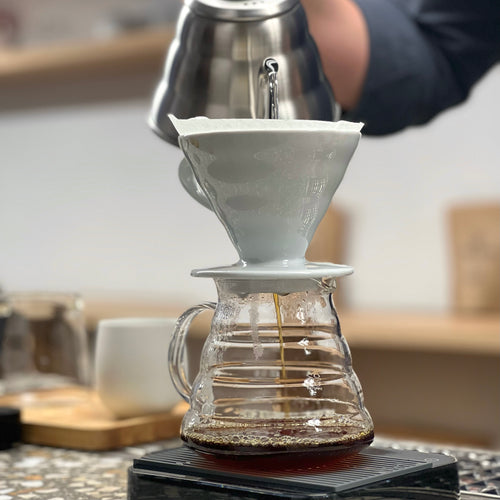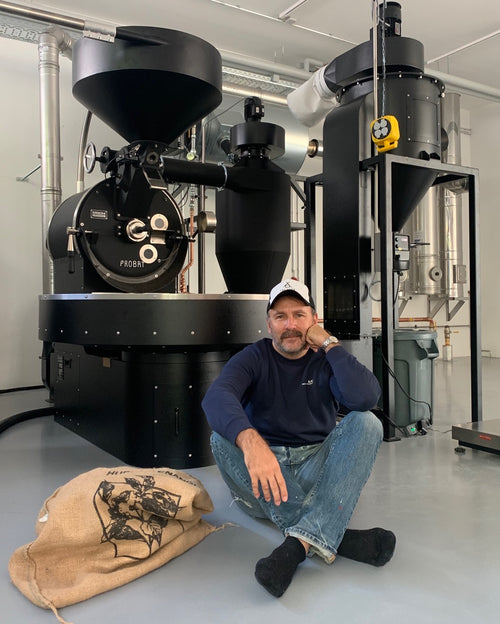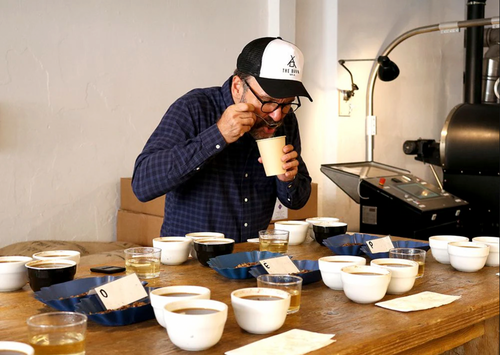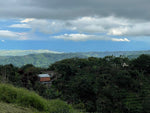Cookies
We use cookies and similar technologies. All cookies in the "Essential" category are technically necessary, e.g. so that you can order a product. For all others we need your consent. With your consent for "Analytics" you help us to understand the behavior of our website visitors and to make our website even better. With your consent for "Marketing" you help us to measure how effective our ads are. It also allows us to show you personalized ads on third-party websites. By giving your consent, you also agree to the processing of your data in third countries. This is associated with certain risks (e.g. that your data may be processed by US authorities for control and monitoring purposes, possibly without the possibility of legal recourse). You can change your cookie consent at any time.
Essential
Statistics & Marketing
Accept all
Only accept essential cookies
Individual Data Privacy Settings
save & close
Essential
Essential cookies enable basic functions and are necessary for the proper functioning of the website.
display information
Statistics & Marketing
Marketing cookies are used by third parties or publishers to display personalized advertising. They do this by tracking visitors across websites.



















